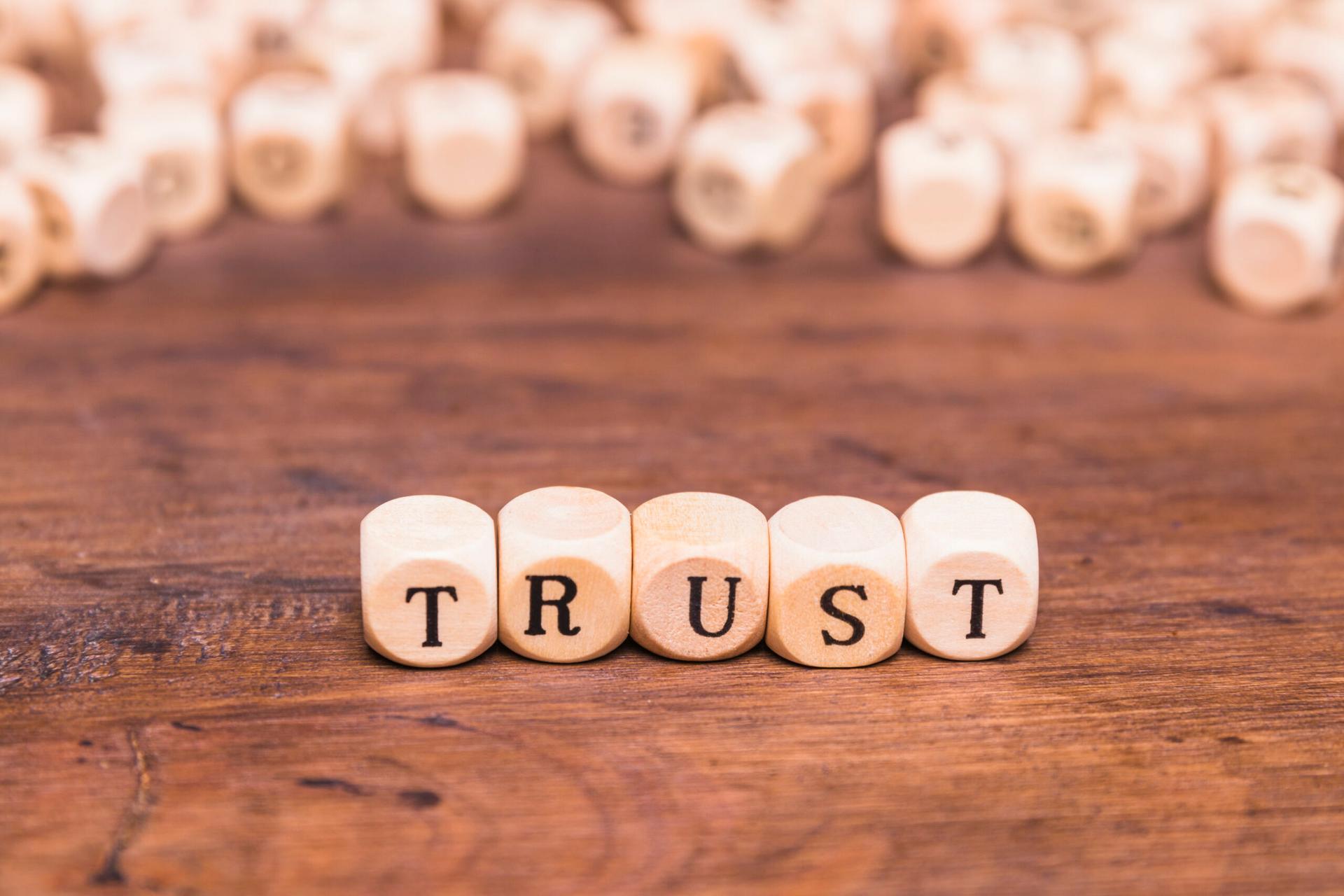How to Build Trust with Survey Respondents in Nigeria: 10 Practical Tips

In today’s data-driven world, surveys are one of the fastest ways for Nigerian brands to understand customer needs. Whether it’s a bank seeking feedback on a new mobile app or a fashion brand testing design ideas, honest survey responses can guide critical business decisions.
However, many Nigerians are cautious about sharing personal opinions or data online. For brands, learning how to build trust in survey respondents is essential for obtaining reliable insights.
This article explores practical strategies on how to build trust among survey respondents, ensuring that participants feel safe, valued, and motivated to provide honest feedback.
1. Understand Why Trust Is Crucial in Nigeria
Before exploring tactics, it’s important to know why trust is such a big issue.
-
Data privacy concerns: Many Nigerians worry about how their information will be used or sold.
-
Scam culture: With frequent online fraud cases, respondents often question the legitimacy of surveys.
-
Poor experiences: People may have previously taken surveys that offered rewards but never delivered.
Brands that show they understand these realities and take steps to protect participants will have a competitive advantage. Simply put, building trust starts with empathy and transparency.
2. Clearly Communicate Your Purpose
One of the most effective ways to build trust among survey respondents in Nigeria is to clearly explain the purpose of your survey.
-
State the goal: Are you improving a product, testing a new service, or measuring customer satisfaction?
-
Be upfront about how the data will be used.
For example, a food delivery brand could write:
“We’re collecting feedback to improve delivery speed and meal quality. Your answers will remain anonymous.”
This clear messaging reassures participants that their effort is meaningful.
3. Highlight Your Brand’s Credibility
Trust increases when respondents know who is behind the survey.
Suggested read: The Cost of Running Market Research in Nigeria in 2026
-
Use your company’s official logo and website links.
-
Share brief information about your business or key achievements.
- If you partner with a research firm, name them.
Showing that a reputable brand is running the survey helps prove its legitimacy. This credibility is a key factor in earning participants’ trust.
S
how to build trust with survey respondents Nigeria
4. Provide Strong Data Privacy Guarantees
Privacy is a top concern in Nigeria’s digital space.
-
Include a short privacy policy explaining that data will not be sold or misused.
-
Use secure survey platforms with SSL encryption.
-
Give respondents the option to remain anonymous.
By taking these steps, you demonstrate that you respect participant privacy, which is a cornerstone of building trust.
5. Offer Fair and Transparent Incentives
Many Nigerians are motivated by rewards, but incentives must be handled transparently.
-
State the reward clearly: airtime, data, gift cards, or raffle entries.
-
Explain the timeline: When and how winners will be contacted.
-
Deliver on promises quickly to avoid frustration.
If a brand promises ₦500 airtime, it should deliver immediately. Keeping such promises strengthens credibility and motivates people to take part in future surveys.
Suggested read: Tools for Collecting Reliable User Feedback in Nigeria : 7 Top User Testing Feedback Nigeria Tools
6. Keep Surveys Short and Respectful
People are more likely to trust a brand that values their time.
-
Limit surveys to 5–10 minutes.
-
Ask only relevant questions.
-
Avoid unnecessary personal data (like full home addresses) unless absolutely required.
A concise survey reflects professionalism, which helps build confidence and trust among participants.
7. Use Friendly, Culturally Aware Language
Nigeria is diverse, with different languages, cultures, and communication styles.
-
Use simple English or provide translations where possible.
-
Avoid jargon or overly formal phrases.
-
Show respect for local customs and sensitivities.
Friendly language helps participants feel comfortable, which is a key factor in building trust.
8. Show the Impact of Their Feedback
After the survey ends, close the feedback loop.
-
Share results or a summary of key insights.
-
Explain how the feedback influenced decisions (e.g., a new product feature or service improvement).
When respondents see their input making a difference, they are more likely to trust your brand and participate again.
This follow-up is a powerful example of how to build trust with survey respondents through consistent action.
Suggested read: Ethical Guidelines for Market Research in Nigeria: What You Should Know
9. Use Reputable Survey Platforms
Choose survey tools known for reliability, such as Google Forms, Typeform, or Nigerian platforms like OpinionPadi.
A secure and user-friendly platform reassures participants that their data is safe and handled professionally.
Using the right technology demonstrates professionalism and helps build lasting trust with survey respondents.

10. Build a Community of Respondents
Instead of treating surveys as one-off interactions, create a long-term relationship.
-
Develop an email list or WhatsApp group for frequent participants.
-
Send regular updates, appreciation messages, or early access to new products.
When respondents feel part of a community, trust grows naturally, this ongoing relationship demonstrates how trust can be built beyond a single survey.
Real-World Example: Nigerian Fintech This ongoing relationship demonstrates that trust can be built beyond a single survey.
Fintech companies like Flutterwave and Paystack have successfully built trust through surveys by:
-
Using clear privacy policies.
-
Offering airtime or data rewards promptly.
-
Sharing updates on how feedback improves their apps.
These practices show that building trust with survey respondents isn’t just theory it works in real business settings.
Key Takeaways
Building trust with Nigerian survey respondents is a continuous process. Brands that:
-
Communicate purpose clearly,
-
Guarantee privacy,
-
Offer transparent incentives, and
-
Provide feedback after surveys
…will consistently gather honest, actionable insights.
Final Thoughts
In Nigeria’s fast-growing digital economy, data is gold, but only when it is accurate and freely given.
Brands must earn trust through transparency, privacy, and genuine appreciation of respondent contributions.
If you’re wondering how to build trust with survey respondents, remember that every small action, clear messaging, timely rewards, and respectful interactions adds up to long-term credibility.
The brands that prioritize trust today will be the ones shaping Nigeria’s future marketplace tomorrow.
Related Posts

Tools for Collecting Reliable User Feedback in Nigeria : 7 Top User Testing Feedback Nigeria Tools
Whether you’re building a mobile app, e-commerce website, or digital product, collecting user feedback is critical to success.But many Nigerian […]

Ethical Guidelines for Market Research in Nigeria: What You Should Know
Market research is one of the most powerful tools for businesses today. From tech startups testing a new app to […]

Which Survey Sites Offer Instant Payouts in Nigeria — and How to Use Them Safely
Online surveys have become one of the easiest ways to earn extra income in Nigeria. Many platforms pay participants for […]
